The Operational Framework

IN A NUTSHELL
What is the Operational Framework?
Designed to offer practitioners actionable and directly applicable guidance, it presents practical ways on how the reintegration and development sectors could work together. Specifically, it describes how to connect returning migrants with relevant services available in their country of origin (CoO), whilst assisting EU Member States (MS) in aligning their planning and activities, from pre-departure to post-arrival.
Key dilemmas addressed in the OF

- How can R&D actors work better together vis-à-vis referral mechanisms?
- What is the framework where development and migration/return agencies could work together in a complementary manner, for stronger referral mechanisms and thus better reintegration outcomes?
Operational Standards: Setting The Stages

AT A GLANCE
What is the Technical Working Group?
Objectives of the TWG R&D
It also represents an opportunity for its members to share their ideas on the subject matter, identify complementarities and align their objectives, striving towards a coherent programming approach to reintegration.
The TWG R&D aims primarily at:



Evolution of the TWG objectives
- Established in November 2018
- Screening EU-funded and national programmes in the sector of R&D aid
- Launch and implementation of the three pilot initiatives in Bangladesh (2) and Nigeria (1), which focused on mapping, linking and referring returnees to existing R&D initiatives in both countries
- Preparation of an assessment report with the results and lessons learnt from the pilot projects
- Development and validation of the Operational Framework (OF)
- Preserve the structural and ongoing strategic dialogue.
- Embed referral mechanisms in RRF projects and initiatives.
- Explore programming mapping to improve linkages and joint activities.
Strengthening Sustainable Reintegration
The Importance of Linking Reintegration & Development



THE TWG R&D TODAY
Current State of Play
The TWG R&D will continue its activities under the Return and Reintegration Facility (RRF) umbrella, enabling the continuation of an informal and technical space to discuss, exchange and steer the implementation of the Operational Framework.
The TWG R&D meets on a regular basis, in person or virtually, to discuss a variety of topics related to the implementation of the OF. Ad hoc meetings can equally be organised upon request.
TWG R&D criteria for membership
| Status | Who can join? | Conditions | Attendance |
|---|---|---|---|
| Core members |
• Return and reintegration departments/agencies (migration authorities) • National/international development agencies/ institutions |
National institution from an RRF MS with a clear mandate in the field of return/reintegration or development |
All meetings |
| Observers and/or contributors |
• Research institution • (Local) reintegration partner in countries of return • Civil society organisations (non-governmental organisations, international non-governmental organisations) with specific work areas within return and reintegration |
• Partner of a Core Member involved in a specific relevant action (e.g. research activity relevant to TWG R&D) • Institution (nominated by a Member) with a relevant link to the work of the TWG R&D • Institution (nominated by a Member) involved in the implementation of some specific activities, e.g. mapping |
Specific thematic meetings (or sessions) and/or ad hoc meetings |
TWG Members will act as a “Sounding Board” in the implementation of the OF by:



Governance
Member States
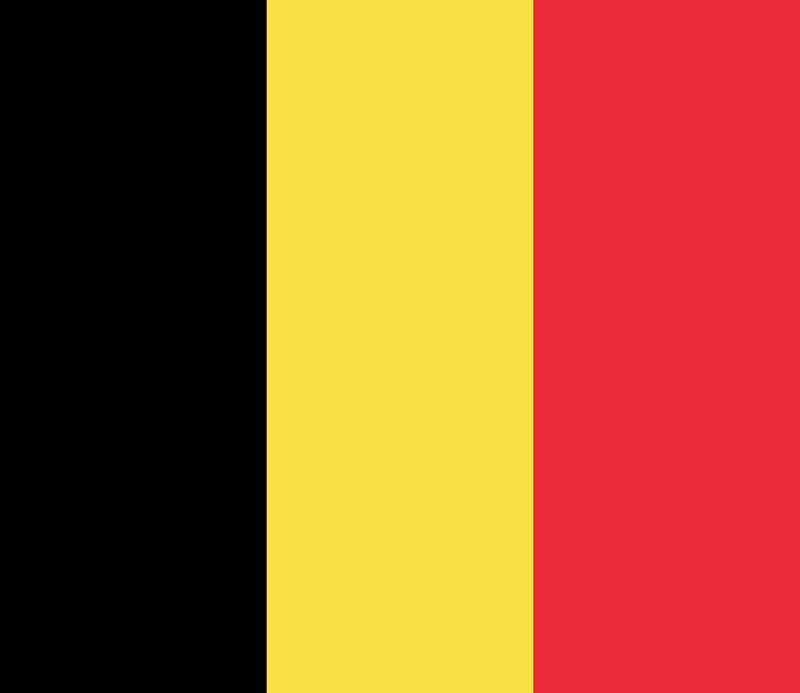
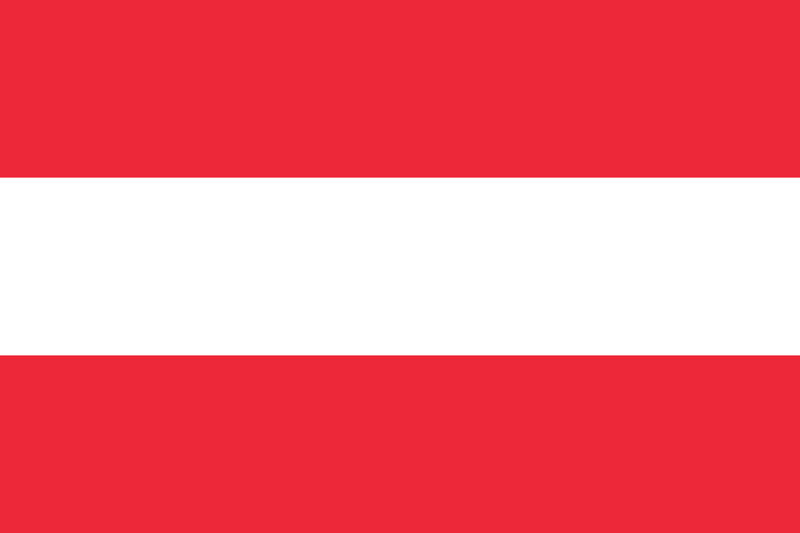
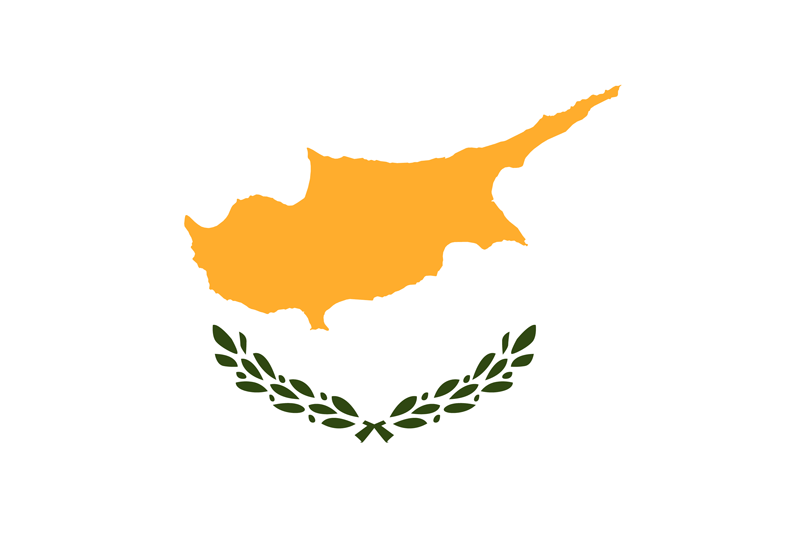
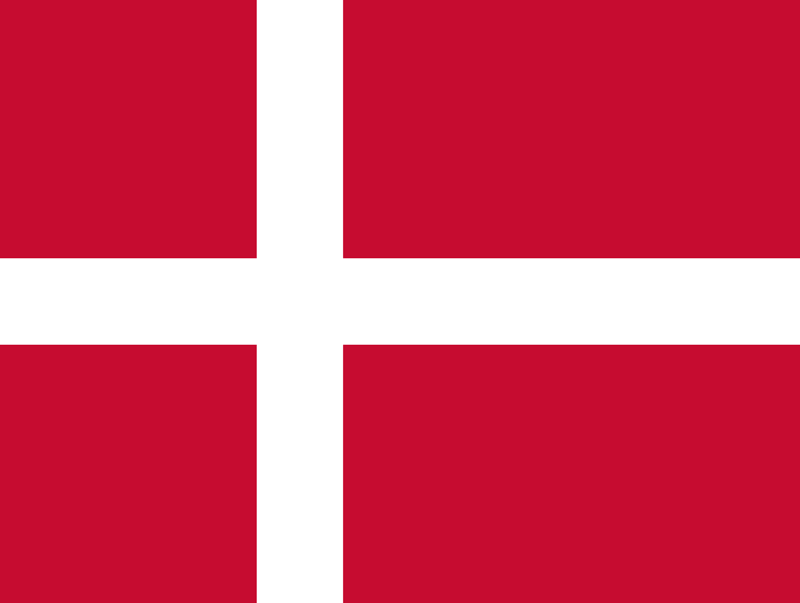
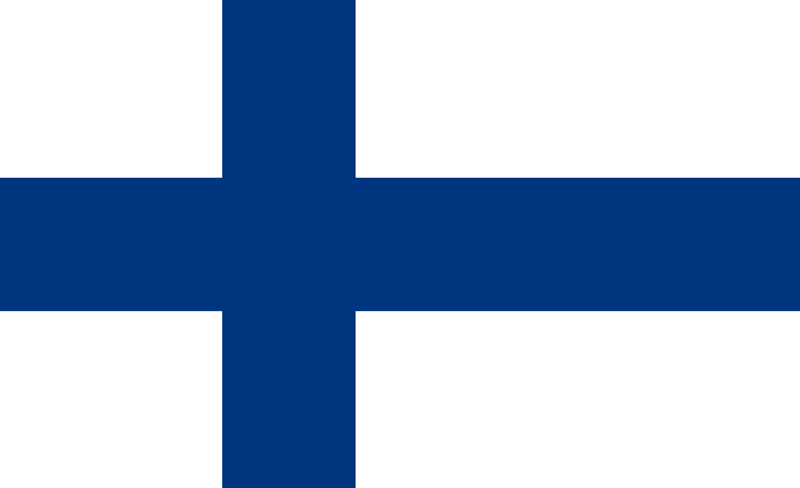
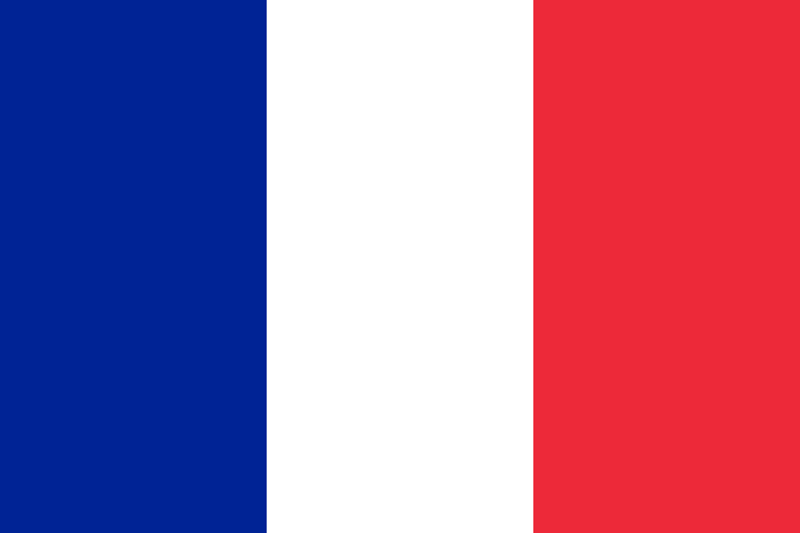
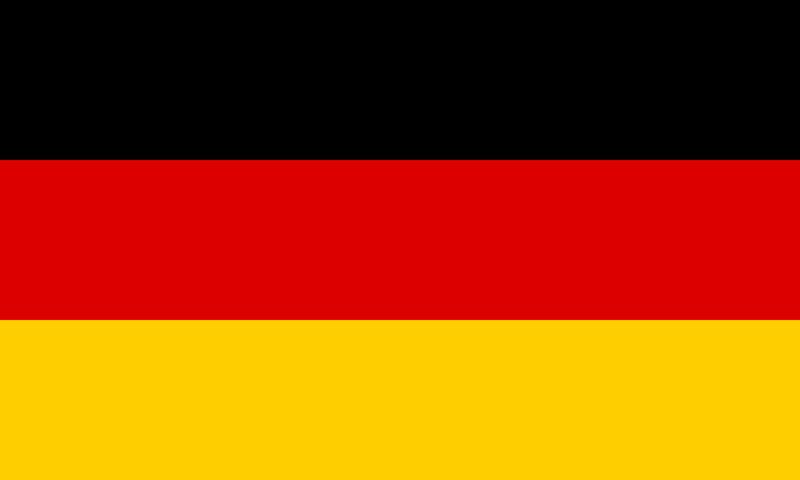
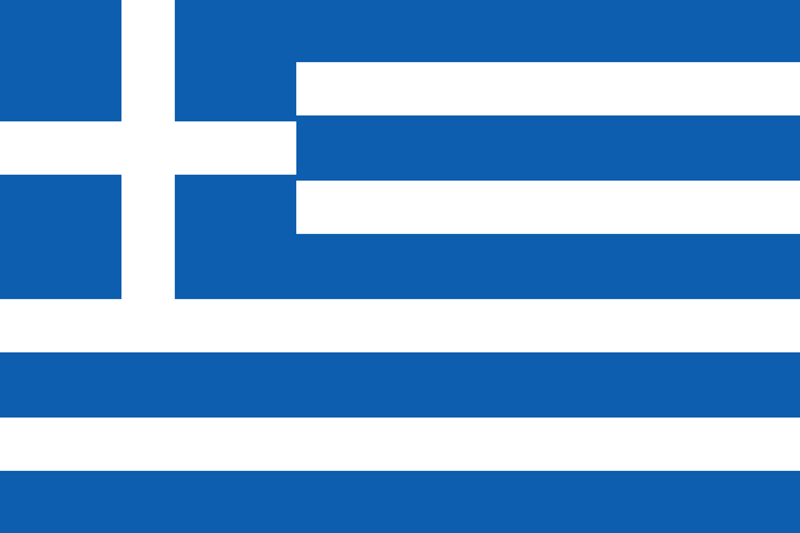
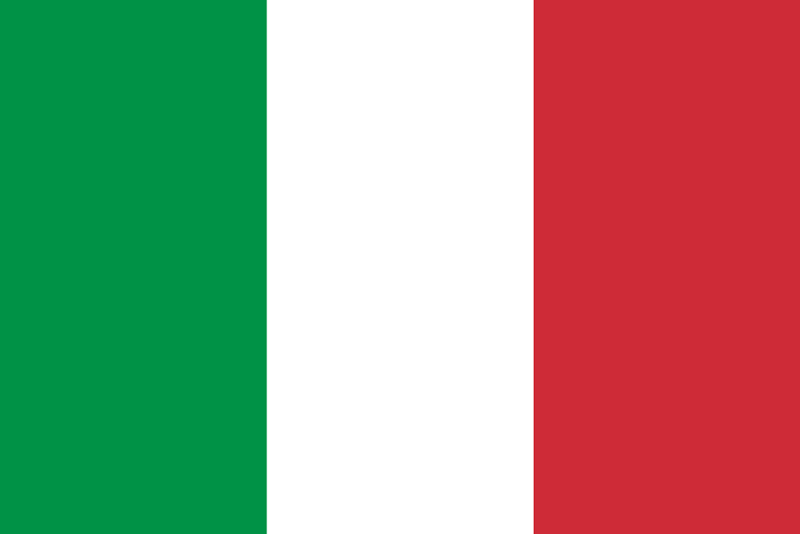
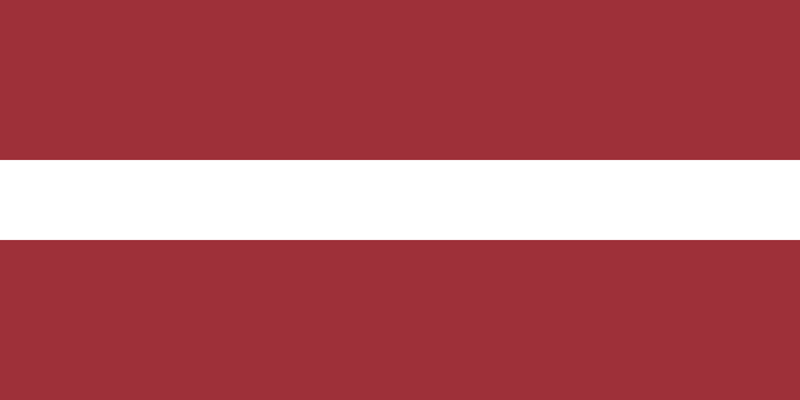
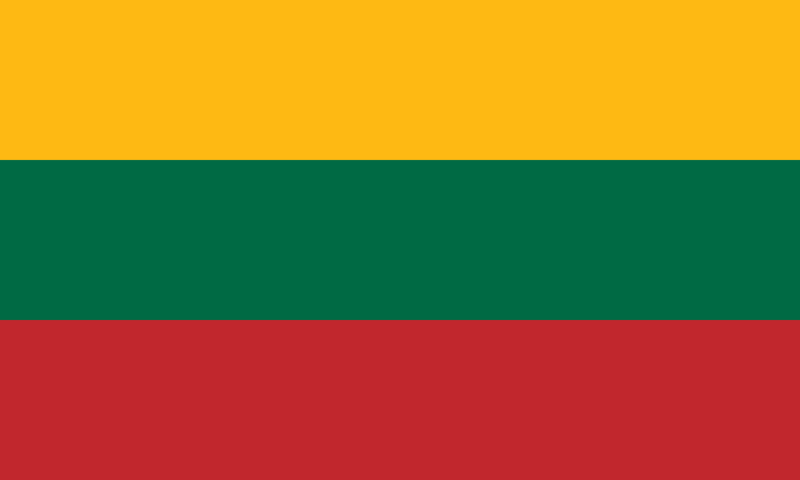
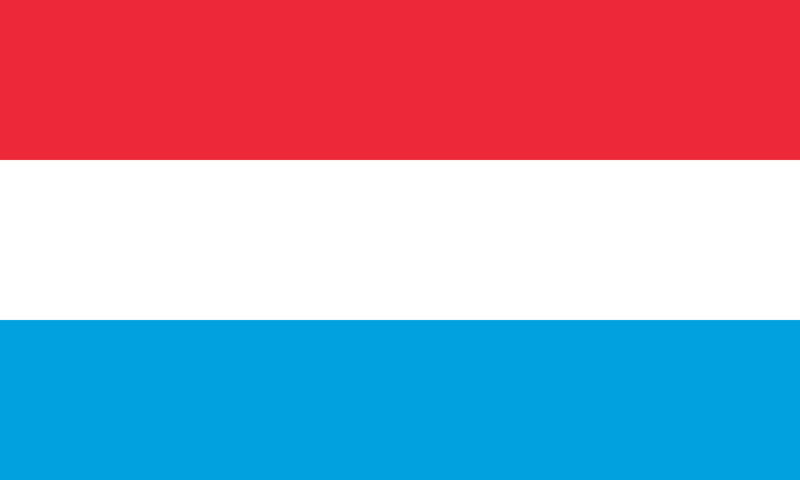
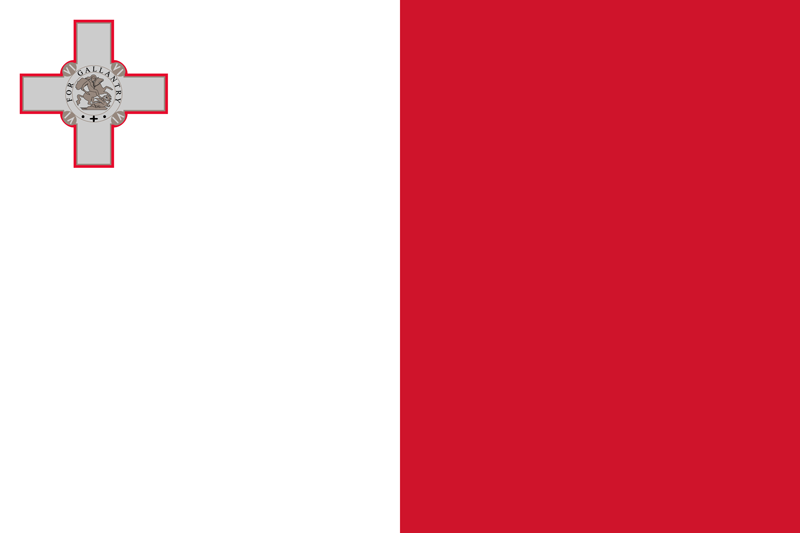

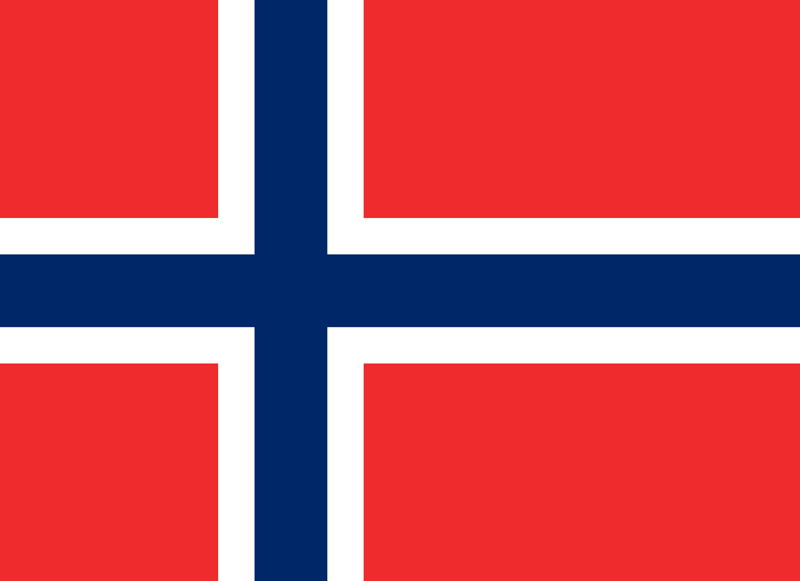
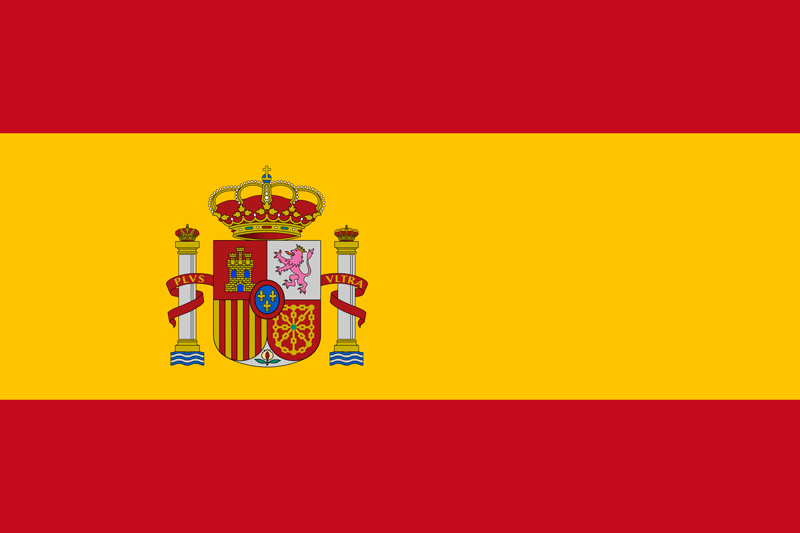

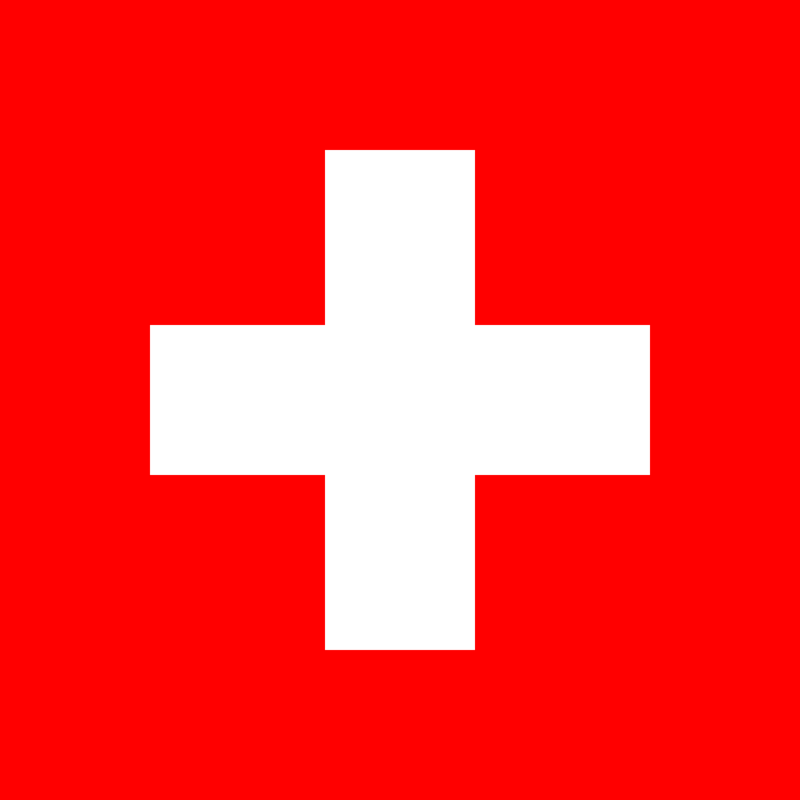
Development actors






European Commission

Frontex

Implementing Partners






